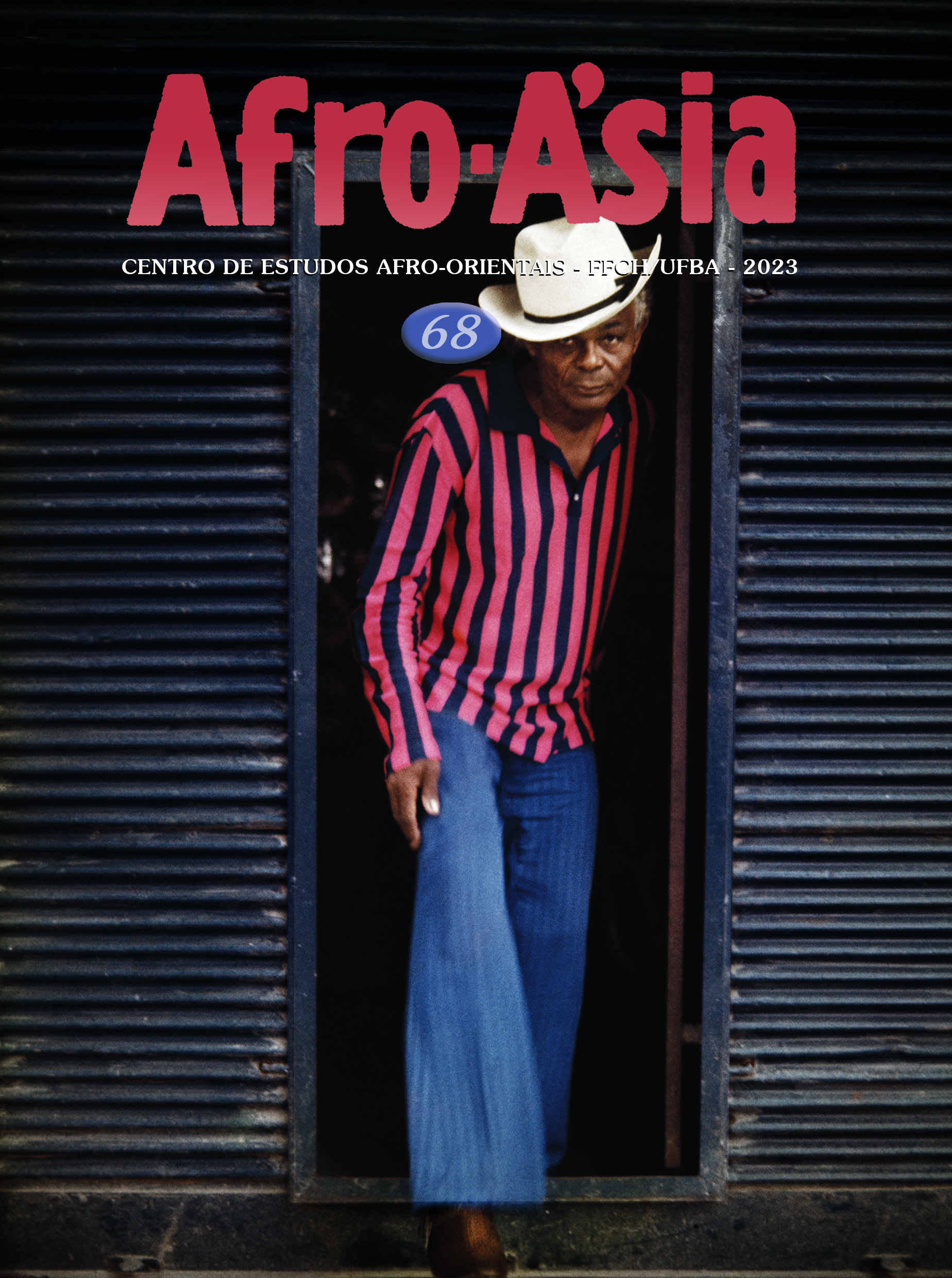Searching for “a Slave Named Laudelino”
Posssibilites for Doing Historical Research Using Oral Traditions, Written Sources and Ethnography
DOI:
https://doi.org/10.9771/aa.v0i68.53197Keywords:
Memories of slavery, Methodology, Rural Black communities, Bahia, BrazilAbstract
This article deals with the research techniques and methods utilized in a study of a rural black community called Barra II, in the municipality of Morro do Chapéu, Bahia, Brazil; specifically, the attempt to trace an enslaved person named Laudelino. Using oral history, ethnography and archival research, it was possible to reconstruct the trajectory of Laudelino and other captives who joined free black people, forming extended families in the backlands of Bahia. The process of cross-referencing historical sources, driven by memories of slavery, reveals the particularities of slavery in this region, also showing black farmers forms of sociability and territorial occupation. New approaches on slavery and post-abolition in northeastern Brazil increasingly need to dialogue with black communities self-identified as quilombos, actively listening to them and valuing memory as a privileged source for historical reconstruction.
Downloads
Downloads
Published
How to Cite
Issue
Section
License
Copyright (c) 2024 Carolina Pazos Pereira

This work is licensed under a Creative Commons Attribution 4.0 International License.
You are entitled to freely share, adapt and use the work herein published for any legitimate purpose as long as authorship and the original source are acknowledged.




